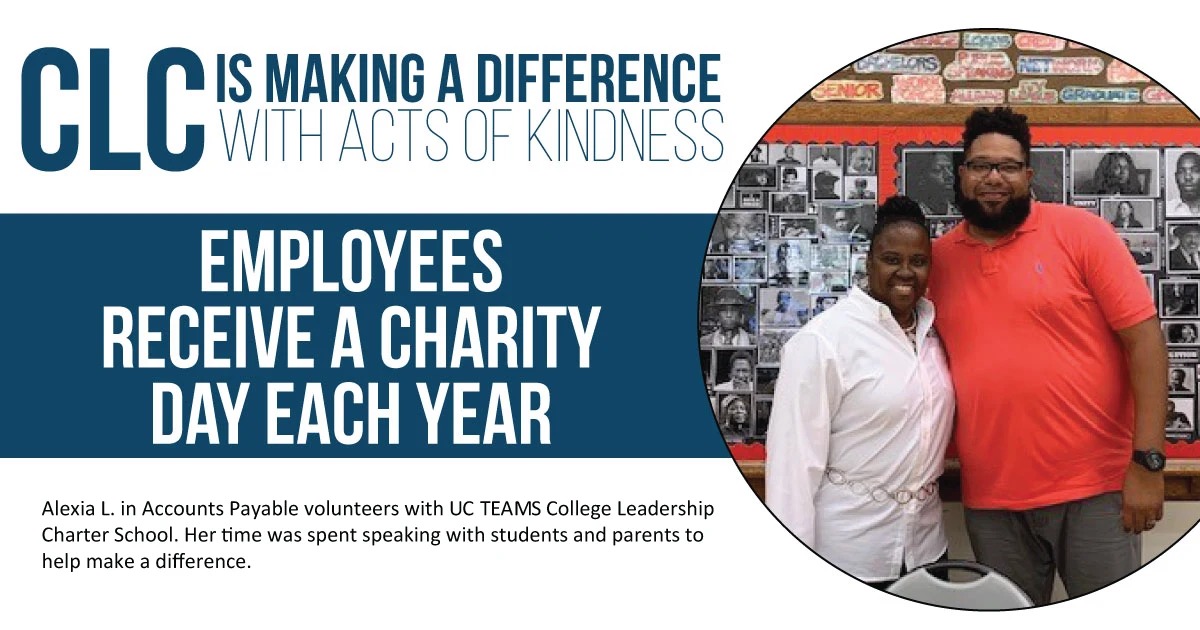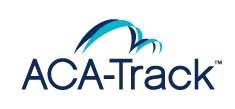
In recent years, the landscape of education has been dramatically reshaped by technology. Among the many changes, the rise of online assignment help services stands out as a game-changer for students across the globe. What started as a simple service for students to get extra assistance has evolved into a sophisticated, multifaceted industry driven by innovation and cutting-edge trends. As education continues to adapt to the digital age, the future of online assignment help looks brighter and more exciting than ever.
In this blog, we’ll explore the key trends and innovations that are shaping the future of online assignment help and what students can expect in the coming years.
1. Artificial Intelligence and Machine Learning
Artificial Intelligence (AI) and Machine Learning (ML) are transforming many industries, and education is no exception. These technologies are already being used in online assignment help platforms to improve efficiency and provide personalized support to students.
AI-powered tools can assist with everything from grammar and plagiarism checks to generating ideas for assignments. In the future, we can expect these tools to become even more advanced, offering deeper insights into students’ writing and learning patterns. Machine learning algorithms will be able to analyze a student’s strengths and weaknesses, providing customized suggestions that enhance learning outcomes.
Moreover, AI-driven chatbots are becoming an integral part of online assignment help services. These bots can answer student queries 24/7, offer guidance on academic topics, and even suggest resources for further study. As AI continues to advance, these chatbots will become more intuitive, helping students in more personalized ways than ever before.
2. Increased Personalization through Data Analytics
Personalized learning has become a key focus in modern education. By leveraging data analytics, online assignment help platforms can offer highly personalized services tailored to individual student needs.
Every student’s learning journey is unique, and through advanced data analytics, platforms can monitor student behavior, assignment history, and preferences. This data can then be used to offer tailored feedback, resources, and assignment guidance. For example, if a student consistently struggles with research methods in their assignments, the platform can recommend targeted resources or even connect them with a tutor who specializes in that area.
In the future, data-driven personalization will go beyond simply offering assignment help—it will play a critical role in shaping the overall learning experience, making it more relevant and efficient for students.
3. Collaboration and Peer Learning
Collaborative learning is another trend that is gaining traction in the world of online education. Many online assignment help platforms are incorporating features that encourage peer-to-peer learning, allowing students to collaborate on assignments, share knowledge, and offer feedback.
In the future, we can expect these platforms to integrate more collaborative tools, such as virtual study groups, discussion boards, and shared workspaces. This will help foster a sense of community among students and create an environment where they can learn from each other.
Moreover, some platforms may implement a peer-review system where students can review and critique each other’s work before submitting it. This not only enhances learning but also builds critical thinking and analytical skills, which are essential for academic success.
4. Virtual Tutors and Real-Time Assistance
One of the most exciting innovations in the world of online assignment help is the rise of virtual tutors. These are not just chatbots, but actual experts in various fields who can provide real-time assistance to students.
Virtual tutoring is becoming more interactive and accessible. With advances in communication technology, students can now connect with experts through live video sessions, webinars, and even augmented reality (AR) environments. These virtual tutors offer immediate, on-demand support for assignments, making the learning process faster and more convenient.
In the future, we may see the integration of AR and VR (virtual reality) in tutoring, where students can participate in immersive learning experiences. For example, a biology student could virtually dissect a frog, or a history student could explore an ancient civilization—all guided by a virtual tutor.
5. Blockchain for Academic Integrity
Academic integrity remains a concern in online education. To address this, blockchain technology is emerging as a potential solution. Blockchain, a decentralized and tamper-proof ledger system, can be used to track the originality and ownership of academic work.
In the future, online assignment help platforms could integrate blockchain to verify the authenticity of student submissions. By using blockchain, students and educators can ensure that assignments are not plagiarized and that all sources are properly cited. This technology will also allow for the secure storage and sharing of academic credentials and records, adding another layer of transparency to the education system.
6. On-Demand Learning and Flexibility
Flexibility is one of the most attractive features of online assignment help services. As student demographics continue to change, with more non-traditional learners and working professionals seeking education, the demand for flexible, on-demand learning solutions will grow.
In the future, we can expect online assignment help platforms to offer more flexible services, including on-demand tutors, instant assignment feedback, and around-the-clock support. This will allow students to get help whenever they need it, fitting seamlessly into their busy schedules.
Additionally, microlearning—delivering content in small, digestible chunks—will become more prevalent in online assignment help platforms. This approach allows students to tackle assignments one step at a time, making the learning process less overwhelming and more manageable.
7. Sustainability and Eco-Friendly Practices
With the growing focus on sustainability, many industries are looking for ways to reduce their environmental impact, and online education is no different. Online assignment help platforms can contribute to eco-friendly practices by reducing the need for physical resources such as paper and textbooks.
In the future, we may see more platforms adopting sustainability-focused initiatives, such as using energy-efficient data centers, offering paperless resources, and promoting digital collaboration over in-person tutoring sessions. This not only helps reduce the carbon footprint but also aligns with the values of environmentally conscious students.
Conclusion
The future of online assignment help is filled with exciting possibilities, driven by technological advancements and a growing focus on personalized, flexible learning. As AI, data analytics, virtual tutoring, and blockchain technology continue to evolve, students can expect a more immersive, efficient, and secure learning experience. With trends like peer learning, on-demand assistance, and sustainability gaining momentum, online assignment help platforms are set to play a pivotal role in shaping the future of education.
For students, this means greater access to high-quality academic support, tailored learning experiences, and innovative tools that will not only help them succeed in their assignments but also enhance their overall educational journey.



